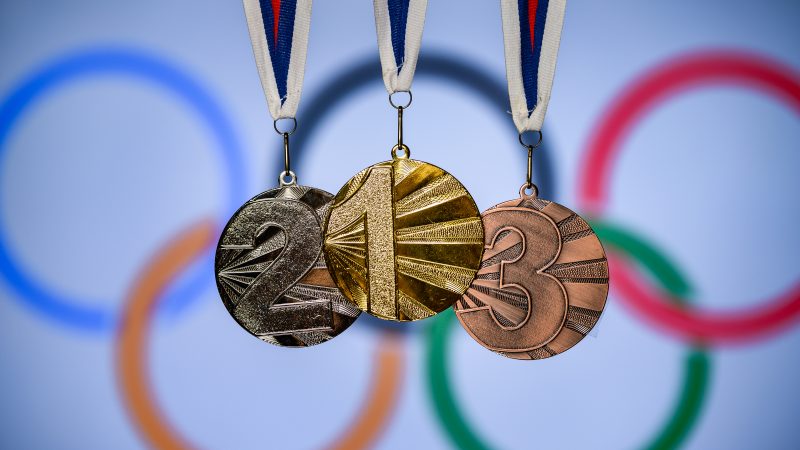
The 32nd Olympic Games drew to a close in Tokyo on Sunday. Earlier that day, Team GB won two further gold medals, taking the country’s total to 65 – the same number achieved in London nine years ago and just two fewer than in Rio in 2016. Team GB ended the Games fourth in the medal table, the fourth consecutive times this has happened starting with the 2008 Beijing Olympics.
There has been much debate about how UK Sport and Team GB have been so successful. After all, most host nations tend to over-perform in their home Olympics but fall back at the Games that follow. Great Britain has done the exact opposite since London 2012, going from strength to strength in Rio and now in Tokyo. During this year’s Games, we witnessed a number of additional medals in the boxing and the swimming, even while going backwards in the rowing and not performing at our previously very high standards in the track cycling.
Labour leader Keir Starmer has barely missed an opportunity to cheer a medal win and, as the Games officially ended, many Labour MPs seemed to tweet a similar graphic with the team’s colours in order to congratulate the athletes. But beyond the feel-good factor that is a sporting event, there is a lesson that Labour should learn, especially as its leader prepares to deliver possibly the most defining speech of his political career next month: the value of investing in people.
For over a year now, the Labour Party has looked for its own answer to the government’s ‘levelling up’ agenda that, while still lacking definition, can broadly be described as ‘more infrastructure investment in the North of England’. Now, the Labour Party has long supported such a policy – it proposed the creation of HS2 when it was still in government, for example – but given the Tory focus on this area, Labour needs a separate offer that appeals to voters.
This is where the lessons of Team GB come in. In 1996, after the disappointing Olympic Games in Atlanta where the country only won one gold medal and 15 overall, the John Major government decided to channel the National Lottery funding into the newly-created UK Sport. Over the years, this has gone to pay for a number of things such as coaches, physiotherapists, nutritionists as well as structure.
As Sir Hugh Robertson, the Chair of the British Olympic Association, told The Guardian in a recent interview: “To win a gold medal, you need four things: money, structure, coaching and athletes with the right sort of preparation and mental toughness. The money enables the sports to put the right structure, to find the right coaches and, crucially, it allows the athletes to be able to train full time.”
Labour should harness this lesson and look to implement it in its own version of ‘levelling up’, giving each individual the tools to succeed. Crucially, much like gyms and pools, the money should also go towards revamping people’s local areas and restoring pride in their communities.
In government, Labour championed Sure Start and invested in new schools and more teachers. Now, the party should refine its offer around skills and ensuring that the right structures are in place for young people to succeed, such as youth centres, public spaces and, yes, sports venues.
If Labour wants to ride the Team GB feel-good factor, it will need more than just a few tweets. It should use the Olympics as a springboard to set out its own ‘levelling up’ agenda – one focused on people and skills, as well as infrastructure.




More from LabourList
Sadiq Khan signals he will stand for a fourth term as London Mayor
Starmer or Sarwar: Scottish Labour MSPs and MPs split over Keir Starmer’s future
‘Every Lidl helps: What can the Government do to bring down food prices?’